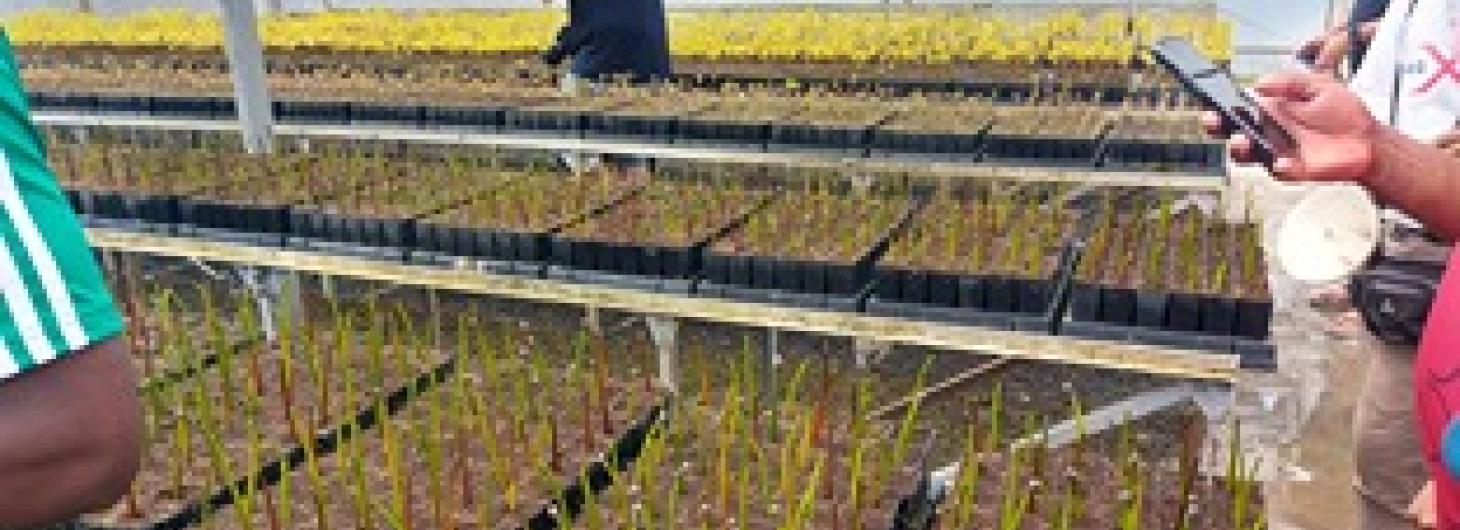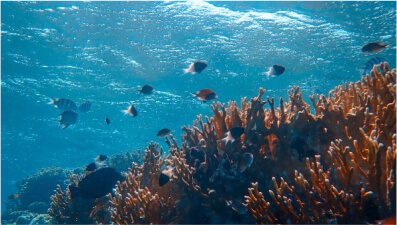
Background
The relentless emission of greenhouse gases, particularly CO2, has contributed to global warming. To combat this, nations worldwide committed to reducing CO2 emissions in the Kyoto Treaty (1992-2020). The recent IPCC assessment warns of a temperature rise exceeding 1.5 degrees in the next two decades without immediate carbon emission reduction.
In response, the University of Dhaka's Department of Oceanography aims to harness the salinity gradient of seawater adjacent to Saint Martin's Island in Bangladesh for electricity production. Aligned with their goals of ocean governance and sustainable development, the department seeks to address the rising energy demand on the island.
Context
Saint Martin's Island, nestled in the Bay of Bengal, faces energy challenges. Currently relying on diesel generators and solar power, the island experiences CO2 emissions from diesel generation. The proposed solution involves implementing Reverse Electrodialysis (RED) technology, a method with significant potential for electricity generation without CO2 emission.
Project Goals and Objectives
The project aims to provide a cost-effective, environmentally friendly solution to meet the continuous electrical energy needs of local communities. Specific objectives include:
- Maintain a consistent energy supply from a renewable source.
- Reduce carbon emissions by replacing fossil fuels with clean energy from ocean salinity gradient power.
- Improve the lifestyle of locals without electricity access, including fishermen dependent on kerosene/petrol lamps.
Key Issues Addressed
The program tackles the core issue of fossil fuel emissions causing global warming, offering:
- Diversification of energy sources with a cleaner alternative to diesel and solar power.
- Support for research and development of renewable energies.
- Commercial development of energy production to meet the islands' needs.
Research and Pilot Project
Involving the local community (including 40% women), the project envisions constructing a power plant that transforms ocean salinity gradient into electricity. Additionally, it aims to produce 200 portable salt battery-operated lamps, benefiting both the local community and fishermen.
Follow us in this innovative endeavour towards sustainable energy and environmental conservation for Saint Martin’s Island !!

